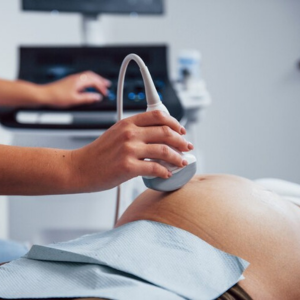Diagnostic hysteroscopy
DIAGNOSTIC HYSTEROSCOPY
A diagnostic hysteroscopy is a minimally invasive procedure used to examine the inside of the uterus (the uterine cavity) using a hysteroscope, a thin, flexible tube with a camera and light source at its tip. Here’s how the procedure typically works:
1. Preparation: Before the procedure, the patient may be given a sedative or pain medication to help relax and minimize discomfort. The cervix may also be dilated slightly to allow the hysteroscope to pass through more easily.
2. Insertion of the hysteroscope: The hysteroscope is inserted into the uterus through the vagina and cervix. Carbon dioxide gas or a saline solution may be used to gently expand the uterine cavity, providing a clearer view for the camera.
3. Visualization: As the hysteroscope is advanced through the uterus, the camera transmits images of the uterine lining to a monitor, allowing the doctor to examine the walls of the uterus and identify any abnormalities, such as polyps, fibroids, adhesions, or other structural issues.
4. Biopsy or sampling: If necessary, the doctor may use tiny instruments passed through the hysteroscope to take tissue samples (biopsies) of any suspicious areas for further examination in the laboratory.
5. Removal: Once the examination is complete, the hysteroscope is gently removed, and the procedure is typically well-tolerated by most patients.
A diagnostic hysteroscopy is often performed as part of the evaluation for various gynecological conditions, including abnormal uterine bleeding, infertility, recurrent miscarriages, or suspected uterine abnormalities. It can help diagnose and sometimes treat certain conditions without the need for more invasive surgery.
Overall, a diagnostic hysteroscopy is considered a safe and effective procedure with minimal risks and complications. However, as with any medical procedure, there is a small risk of complications such as bleeding, infection, or injury to the uterus or surrounding structures. Patients should discuss the potential risks and benefits of the procedure with their healthcare provider beforehand.

Fields with * are required
We Provide Quality Health care For Our Patients
Devoted to the consideration of our patients through determination, and anticipation of Genecology disease.
Quick Link
Quick Link
Location
Address
City Hospital, Moglaha, Medical College Road, Gorakhpur, Uttar Pradesh - 273013
Phone No
7007999105| 7234006505
Email Address
vmishragkp505@gmail.com
